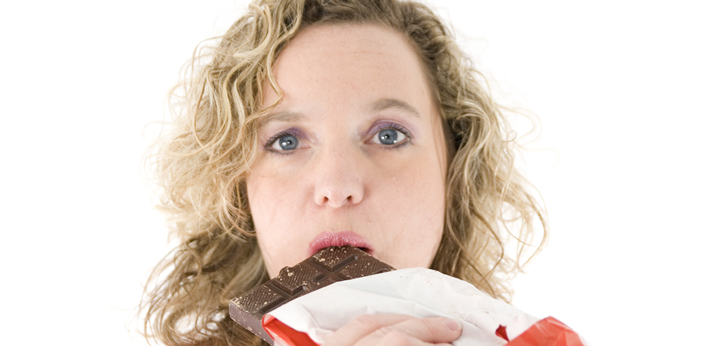 Sugar Cravings: Why you can’t follow a plan to lose weight.
Sugar Cravings: Why you can’t follow a plan to lose weight.
Why are we reluctant to call eating disorders and other negative habits that relate to food eating addictions?
According to Gabor Mate, MD, author of In the Realm of the Hungry Ghosts, a powerful book, the definition of an addiction is:
a habit that causes negative consequences and despite these consequences you cannot stop or change easily.
According to most addiction experts, an addiction is also a chronic neurobiological disease, characterized by behaviors that include: impaired ability to control use of the drugs, which eventually becomes compulsive, and continues despite the harm it brings to the person. Typically when one tries to stop, there is a relapse of the behavior.
Perhaps the reason the medical community is reluctant to categorize eating problems as an addiction this way is because they do not consider food to be an addictive substance.
I believe until we begin to acknowledge the drug-like effects of processed sugar and flour especially when combined with other ingredients such as fat that hook and high jack the brain, we are denying one of the most prevalent addictions our society today.
Recently, Marcia DeSanctis wrote a powerful article in Vogue’s April issue about her fear that her sugar cravings and eating behavior were in fact an addiction. The medical community calls it “hedonic eating.” This means eating for pleasure as opposed to sustenance. In my own practice, I have come across this problem in about 30% of the cases I saw.
What I do now when I come across a case like this is to refer them for testing. Often there is an insulin sensitivity that goes along with this condition, and a brain chemistry imbalance, although this is hard to unravel. DeSanctis discovered a correlation between her cycles being “out of whack” and carbohydrates became a “tranquilizer of sorts on which she was “overdosing.” Interestingly what she found was trying to quit cold turkey is partly why we fail. Although the key is to address the imbalance, and remove the addictive substance from the body to allow the brain chemistry to heal, it is the drastic change of trying to stop all at once that causes failure and relapse.
Kelly Brownell, PhD, and director of Yale’s Rudd Center for Food Policy and Obesity says: “the magnitude of the effect that sugar has on the body is not as strong as what you get from cocaine or morphine or alcohol, but the whole body of evidence suggests that sugar affects the brain in a very similar way.”
Understanding this takes away some of the shame associated with addictions and food addictions in particular. It is not something that is so easily controlled by one’s will and it is often an attempt to self-medicate an underlying chemical imbalance in the body/brain. I do not necessarily advocate that people automatically turn to antidepressant medication either which is now the most frequently prescribed drug in the U.S. and our most popular export.
There is new body of work suggesting that nutrition therapy holds more promise to treat the underlying condition than antidepressants. This is why I work with teaching mindfulness skills and meditation, a process I have worked with for years. Research is showing that meditation has the ability to change the brain by creating new brain cells in the part of the brain that registers happiness and compassion. The stress reduction process I work with which includes an easy effective way to make meditation a part of your life is in my opinion, the best way to start breaking a sugar addiction.
One thing is for sure, treating these problems the way we have been doing does not do them justice. If you have any experience curing a sugar addiction, I would love to hear about it.
Leave a Reply